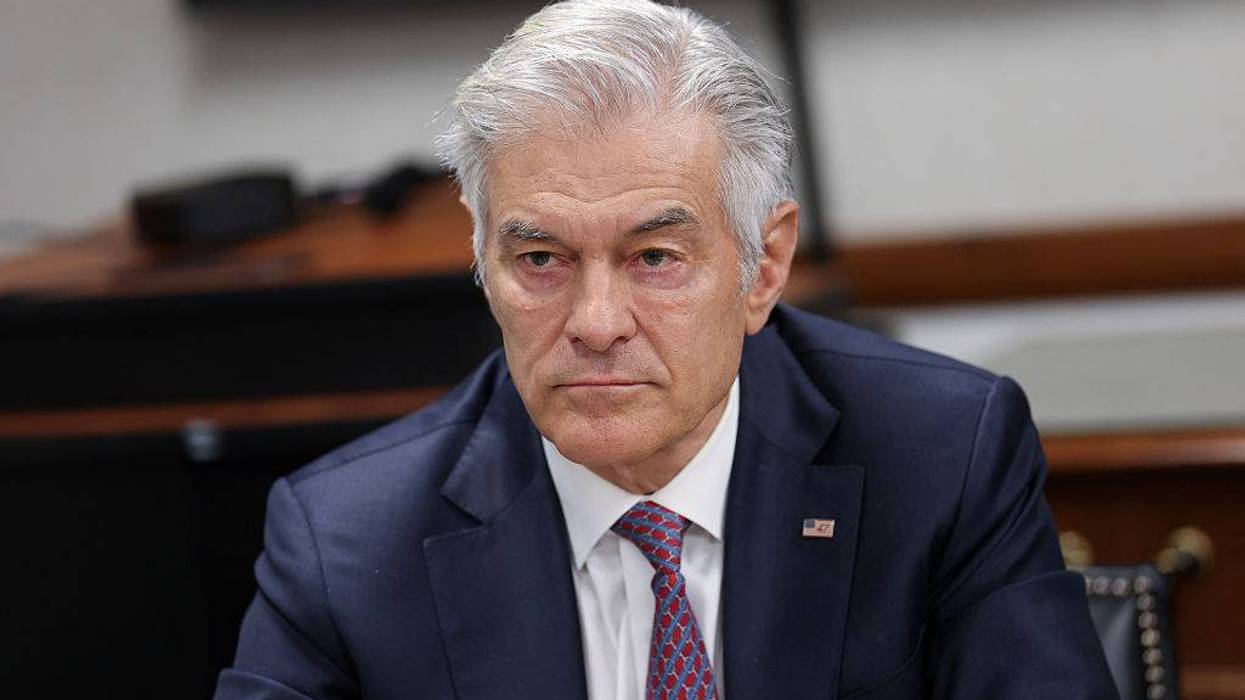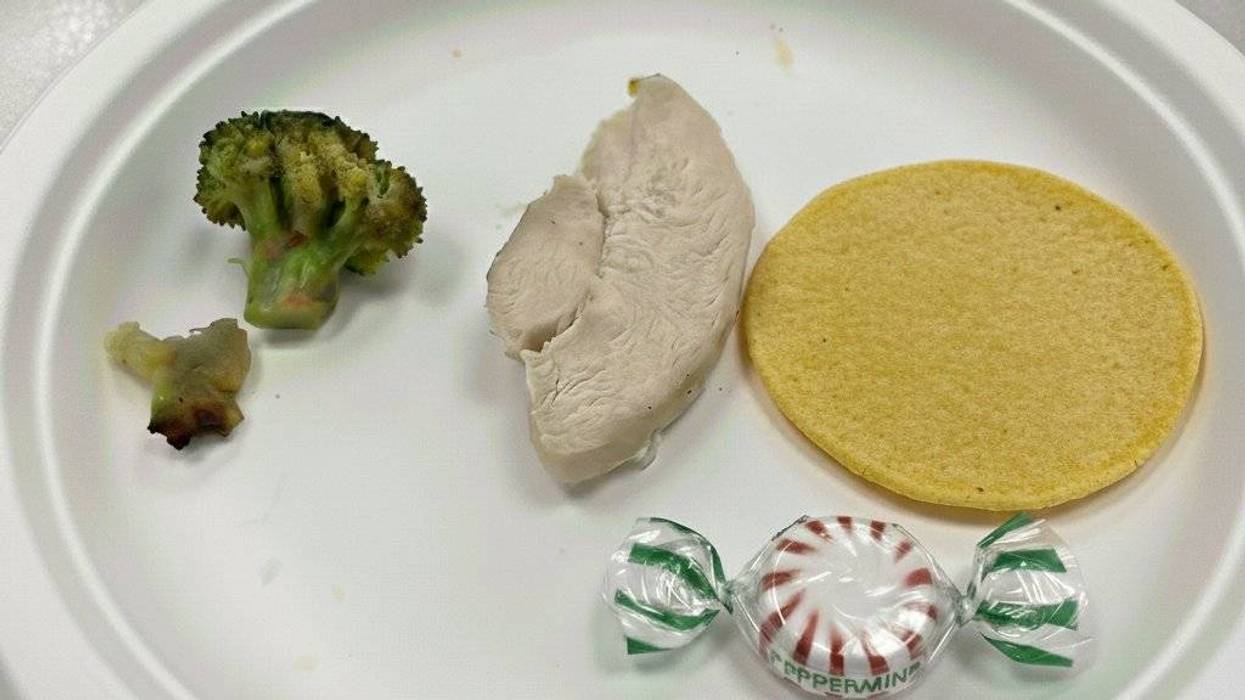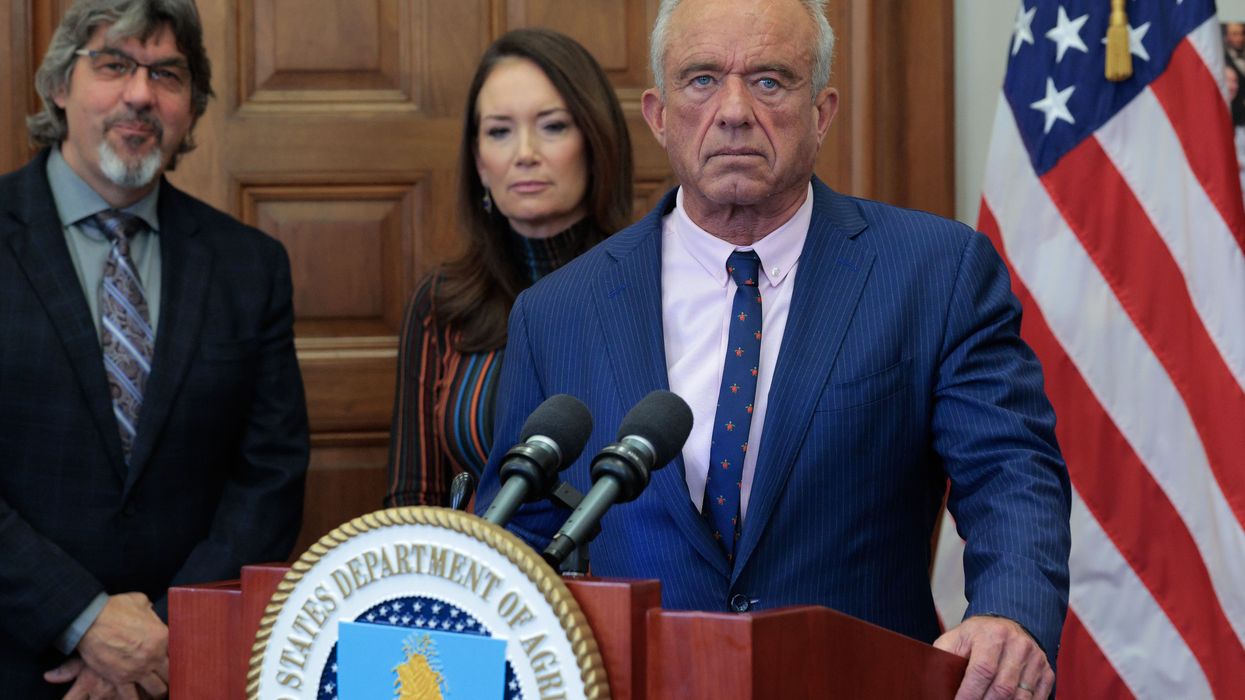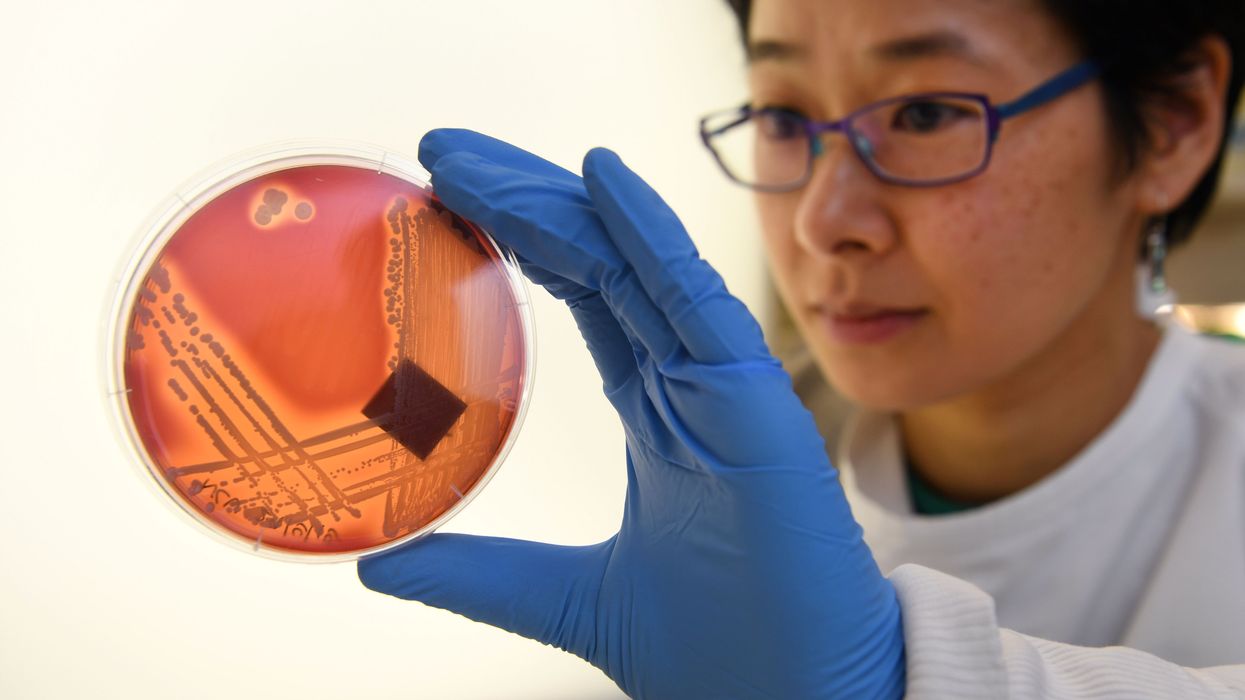Dr. Oz: Goal of Trump Healthcare Plan Is to Get Americans to ‘Work One More Year' in Their Lifetime
"I'm sure everyone would be happy to work another year if work meant getting paid millions of dollars to spout utter nonsense," responded one critic.
Medicare and Medicaid Administrator Mehmet Oz on Wednesday said that one of the ultimate goals of President Donald Trump's healthcare plan is to get Americans healthy enough so that they're able to work for at least one more year during their lives.
During an interview on Fox Business to tout Trump's recently unveiled and widely derided healthcare plan, Oz explained why it was important for Americans to be healthy so that they could be productive workers and contribute to US gross domestic product (GDP).
"A lot of people watching this segment are thinking we're talking about healthcare expenses," he said. "This is about the value to the US economy if we can get this right. If we can get the average person watching... to work one more year in their whole lifetime, just stay in your workplace for one more year, that is worth about $3 trillion to the US GDP."
"Wow!" exclaimed Fox Business host Maria Bartiromo.
Dr. Oz: "If we can get the average person to work one more year in their whole lifetime -- just stay in your workplace for one more year -- that is worth about $3 trillion to the US GDP. That's the productivity we would unleash ... if you're sick, you can't work." pic.twitter.com/9xixeDm2ux
— Aaron Rupar (@atrupar) January 21, 2026
"That's the productivity we would unleash of people feeling they have agency over their future, like they've got stuff they want to accomplish with their lives," Oz continued. "If you're sick, you can't work. So keep people healthy, they'll want to work, they'll want to produce, not just for one year but for many more... It's worth the investment to get that return."
"I love it," replied Bartiromo.
Oz's statement about getting Americans to work longer to improve national GDP was met with immediate criticism.
Journalist Brian Goldstone, who last year published a book focusing on Americans who are homeless despite having jobs, argued that Oz was simply clueless about the realities of working-class Americans.
"I recently met a widowed 71-year-old woman still working two jobs and living at an extended-stay hotel because even two jobs don't pay her enough to afford rent," he wrote in a post on Bluesky. "This is what 'one more year of work' looks like in America."
Economist Dean Baker of the Center for Economic and Policy Research noted that Oz doesn't seem to understand that most Americans don't have the kinds of cushy gigs he's enjoyed for decades.
"I'm sure everyone would be happy to work another year if work meant getting paid millions of dollars to spout utter nonsense on Fox, CBS, and other right-wing outlets," Baker remarked on X.
Baker also questioned the arithmetic behind Oz's claim about the vast benefits to the US economy of having everyone work for an extra year.
"I'm also curious where the hell he got the $3 trillion (10% of GDP)," he wrote. "I gather it is a Trump number, came straight out of his rear end."
Democratic political strategist Dan Kanninen said that Oz came off as utterly tone deaf about Americans' lives, and sarcastically encouraged the Trump administration to "put Dr. Oz and his 'Matrix' vision of the future where we all batteries for capital on the airwaves as much as possible."
Dell Cameron, a senior writer at Wired, argued that Oz's remarks were a damning indictment of former talkshow host Oprah Winfrey, who regularly featured purported experts of dubious credibility, including Oz, Phil McGraw, and João Teixeira de Faria, a Brazilian "faith healer" and convicted rapist currently serving a lifetime prison sentence.
"Hard to pin down which of the medical hacks platformed by Oprah's network has gone on to do the most harm, which is saying a lot since one is a cult leader who raped hundreds of women," he mused. "Then again, [Oz] is one of the most influential quacks of all time."


 (AI image: Rep. Ted Lieu/X)
(AI image: Rep. Ted Lieu/X) (AI image: Rep. Jason Crow/X)
(AI image: Rep. Jason Crow/X) (AI image: House Ways and Means Committee Democrats/X)
(AI image: House Ways and Means Committee Democrats/X)
